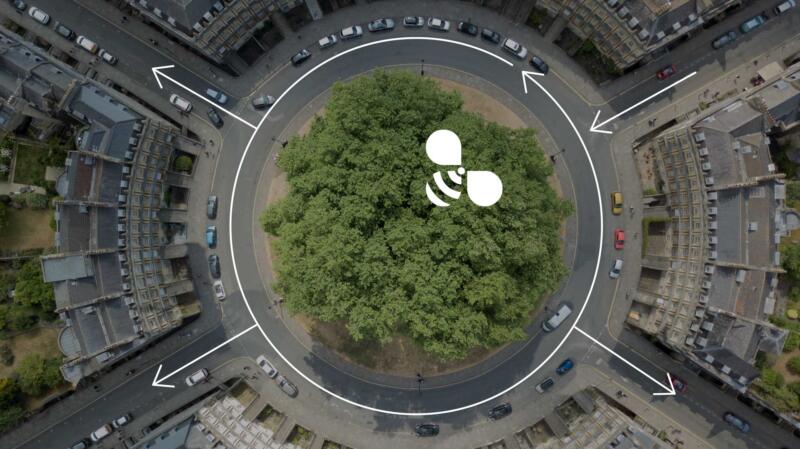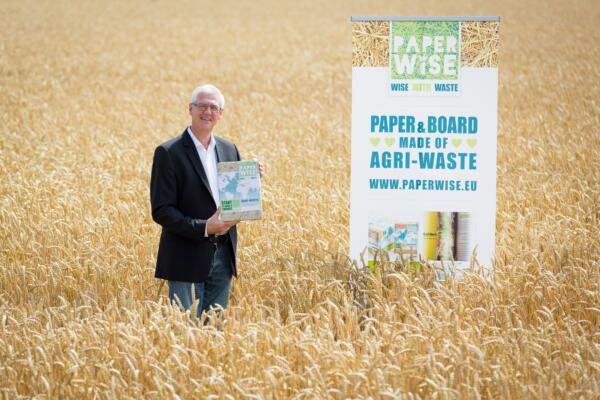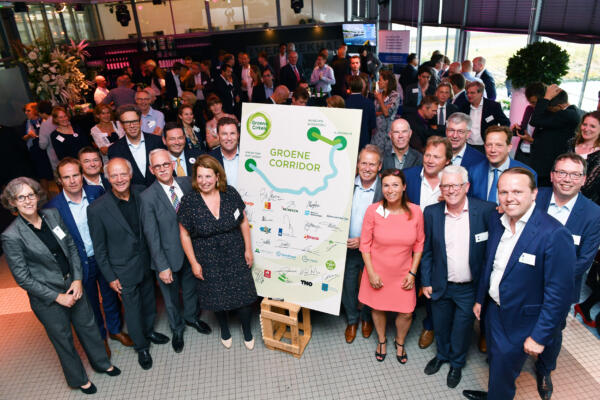Milgro – Waste control and raw material recovery
Milgro is a technology organization for managing natural capital. The company enables organizations to profitably integrate a sustainable use of natural resources into their business operations. In this way they accelerate ‘the new normal’ of a circular economy.
The demands and objectives to move towards a circular economy are challenging, especially in the food sector. Reducing 50% food waste, CO2 emission and halving the use of virgin materials in 2030 are some of the goals set. In order to reach these goals, and reduce the environmental impact of the, in this case, dairy production process.
Milgro supports their customers with a 3 step approach; 1) waste control, 2) waste avoidance and 3) raw material recovery.

"The symbiosis project resulted in the replacement of nearly 17.000 kilo of phosphate per year, enough to fertilize 295 soccer fields."
MilgroClosing the nutrient cycle essential for a circular and sustainable food chain
Milgro was involved in a successful project, focussing on symbiosis between a dairy company and a paper company. In the project, they converted phosphate-rich residual streams as a phosphate source for water treatment. This means that phosphoric acid does not have to be purchased anymore as a virgin stream. Within further development, the company is investing the possibilities of implementation this program into other waste water treatment plants with this sort of ‘end-of-waste’ route. This resulted in the replacement of nearly 17.000 kilo of phosphate per year. In the Netherlands, this is enough to fertilize 295 soccer fields.
Innovation: Upcoming role of insects
Besides different valorizations from organic waste i.e. to feed or even food that we have realized, Milgro is also involved in innovative projects and collaborations to enhance and accelerate the transition in valorizing side streams. One example is the upcoming role of insects in the feed and food chain, and how this can be used to bring currently low value side streams to high end feed and food ingredients. Insects have a higher yield on protein production, for example, making them a higher-value choice over obviously composting and fermentation, but in some cases also over traditional animal feed.



